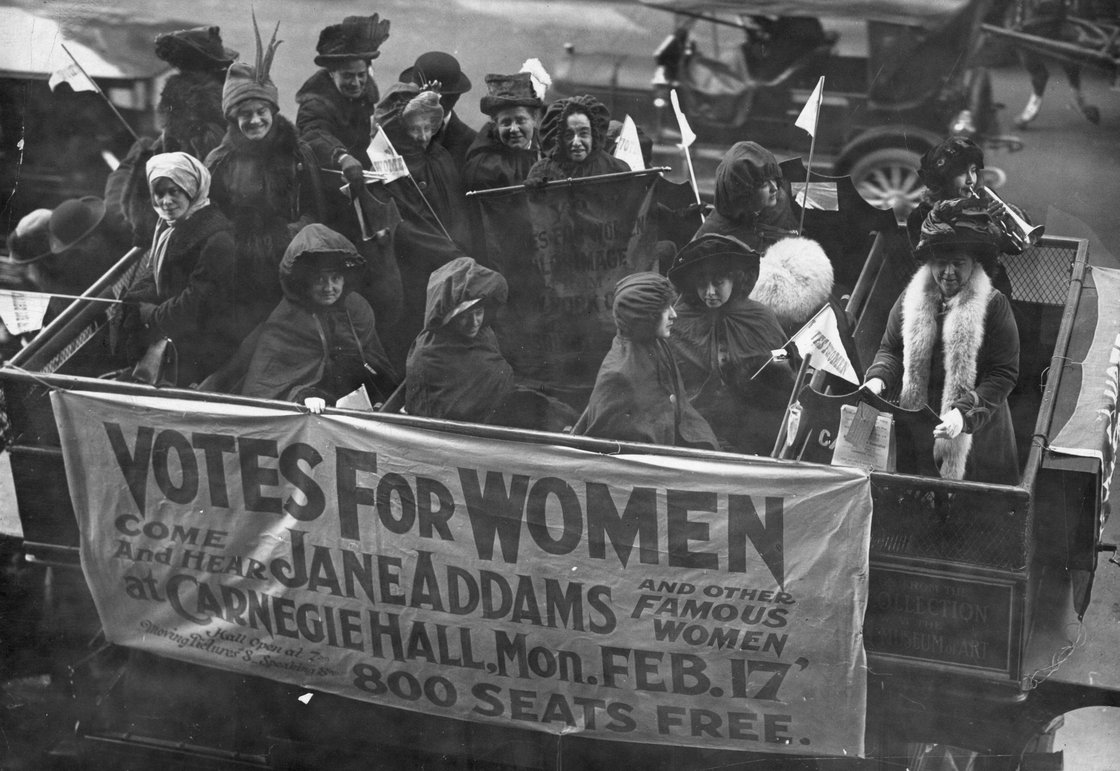All Things Considered host Robert Siegel put the hypothetical question to historians and other experts: Ned Lebow, author of Archduke Franz Ferdinand Lives!, Margaret MacMillan, author of The War That Ended Peace, Kim Kowalke, a musicologist at the Eastman School of Music, Phil Atteberry of the University of Pittsburgh and Christopher Clark, author of The Sleepwalkers: How Europe Went to War.
historians and other experts: Ned Lebow, author of Archduke Franz Ferdinand Lives!, Margaret MacMillan, author of The War That Ended Peace, Kim Kowalke, a musicologist at the Eastman School of Music, Phil Atteberry of the University of Pittsburgh and Christopher Clark, author of The Sleepwalkers: How Europe Went to War.
Some highlights from their counterfactual history:
- The United States' rise to world power would have been slower, but it would have been more willing to intervene in conflicts in other parts of the world.
- American identity would be slower to take shape because ethnic groups would continue to identify with their homelands, customs and languages.
- Without a century of European turmoil, the U.S. wouldn't have hosted a century of European emigre artists and composers — no Arnold Schoenberg, Igor Stravinsky, Paul Hindemith, Bela Bartok or Kurt Weill, among others.